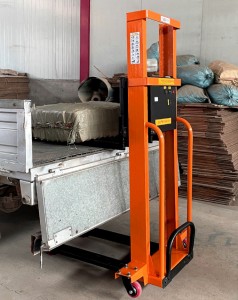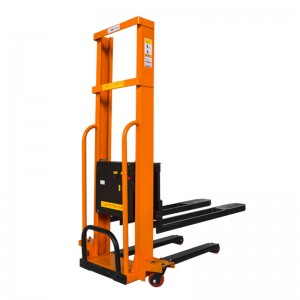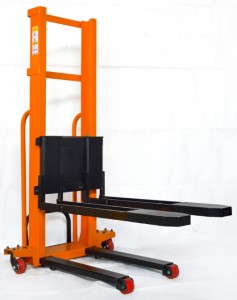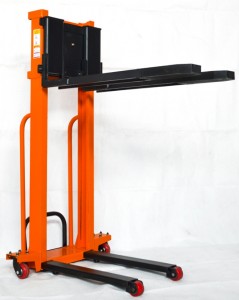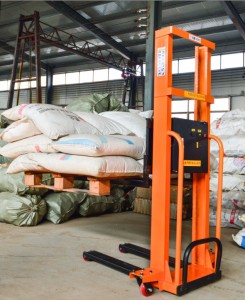Here are some key points regarding the maintenance requirements of truck-mounted electric forklifts:
Battery maintenance: The battery is a crucial component of an electric forklift. Regular maintenance of the battery is important to ensure optimal performance and longevity. This includes monitoring the battery charge levels, proper charging procedures, and regular inspections for any signs of damage or wear. Battery maintenance may involve cleaning battery terminals, checking electrolyte levels (if applicable), and replacing damaged or worn-out batteries when necessary.
Motor and drive system: The electric motor and drive system of the forklift should be inspected periodically for any signs of wear or malfunction. This includes checking for loose connections, inspecting motor brushes (if applicable), and ensuring proper lubrication of moving parts. If any issues are detected, they should be promptly addressed by qualified technicians.
Hydraulic system: The hydraulic system of the forklift, including cylinders, hoses, and valves, should be inspected regularly for leaks, damage, or any other signs of malfunction. Proper hydraulic fluid levels and cleanliness should be maintained. Any leaks or damaged components should be repaired or replaced as needed.
Tires and wheels: The tires and wheels of the forklift should be inspected for wear, damage, and proper inflation. Uneven or excessively worn tires can impact the stability and performance of the forklift. Tire pressure should be checked periodically and adjusted as per the manufacturer’s recommendations.
Safety features: Safety features such as lights, horns, seatbelts, and emergency brakes should be regularly inspected to ensure they are functioning properly. Any malfunctions or issues should be addressed promptly to maintain a safe working environment.
Regular servicing: It is recommended to follow the manufacturer’s recommended maintenance schedule for the forklift. This typically includes routine servicing such as oil/filter changes, system inspections, and general cleaning. Regular servicing helps identify potential issues early on and keeps the forklift in optimal working condition.
Operator training and inspections: Proper training should be provided to forklift operators to ensure they understand the equipment and its safe operation. Operators should conduct pre-shift inspections to check for any visible defects or issues before using the forklift.
It’s important to note that the specific maintenance requirements can vary depending on the make, model, and manufacturer’s recommendations. Consulting the forklift’s user manual or contacting the manufacturer or authorized service center can provide detailed maintenance guidelines tailored to your specific forklift model.
Post time: Sep-27-2023





